program goal and appraoch
Foster Responsive Protection and Justice for the Children
The program aims to enhance policy and legal frameworks to fight child abuse, supporting the development of victim-centered laws, boosting implementation, and fostering multi-organizational collaboration for a comprehensive response.
Capacity Development
Building law enforcement capabilities through training, mentorship and resources, focusing on effective responses to child sexual exploitation cases
Casework Assistance
Aiding law enforcement by providing investigative support and expertise for handling cases of child sexual exploitation, focusing on victims
Collaboration
Facilitating cross-border law enforcement collaboration and sharing information and resources to combat child sexual exploitation internationally

National Governance
To enhance leadership, accountability, coordination, and collaboration among high levels of government, lawmakers for the development and implementation of policies

Responsive Laws
To increase efficient enforcement of comprehensive policies, regulations, and procedures that are in line with international standards and aimed at protecting vulnerable children and victims
Effective Enforcement
To establish clear and effective legal frameworks that offer specific protection for children involved in the justice process, outlining the protections available for children

Child Friendly Justice
To strengthen child-centered approaches in justice processes to protect and assist child victims, ensuring legal proceedings focused on child well-being and best interests
case study
Strengthening Cambodia'sChild Protection Laws
In Cambodia, APLE has been instrumental in supporting and reshaping child protection policies and laws to better address child sexual exploitation and abuse. Through APLE’s active involvement in Government Led Working Groups and close collaboration with the various governmental bodies, APLE provided expert recommendations for policy and legal revisions.
APLE’s advocacy efforts led to the adoption of more stringent policies and guidelines, aligning national frameworks with international standards. This included enhanced protection measures and greater access to justice for victims.
By prioritizing the UNCRC principles, APLE’s efforts have significantly reduced legal gaps, ensuring a safer environment for children and elevating Cambodia’s commitment to safeguarding children’s rights.
more about the policy and legal reforms
Advocacy for Comprehensive Child Protection Policies and Legal Reforms
APLE’s Policy and Legal Reforms Program aims to fill gaps in child protection by advocating for age-appropriate, effective policies and laws, aligned with international standards.
As part of the Technical Working Groups led by the Cambodia National Council for Children, APLE contributes expert insights to policy and law development. Committed to the United Nations Convention on the Rights of the Child (UNCRC) principles, our efforts ensure policies adhere to non-discrimination, prioritize children’s best interests, and support their right to life, development, and participation.
By integrating these principles, APLE works to create a legal environment where every child’s rights are recognized and protected, ensuring their voices are heard and respected in decisions affecting them.
get involved
Join APLE in shielding our children
Educate, advocate, and participate in creating safer spaces. Let’s unite to prevent sexual and tackle child sexual exploitation and abuse.
Need Help?
FAQs
We believe that effective and ethical enforcement of the law is essential in protecting the rights of children.
What role does APLE play in shaping child protection policies and laws?
PLE actively contributes expert insights to policy and law drafting, collaborating with governmental bodies to enhance child protection frameworks in line with international standards.
How has APLE improved access to justice for child victims of sexual exploitation and abuse?
By advocating for legal reforms, APLE has helped strengthen laws to provide clearer, more accessible pathways for child victims and their families to seek justice and support.
What principles guide APLE's advocacy for policy and legal reforms?
APLE’s efforts are guided by the United Nations Convention on the Rights of the Child, emphasizing non-discrimination, the best interests of the child, the right to life and development, and the right to be heard.
How does APLE ensure that child protection laws are age-appropriate and effective?
Through rigorous analysis and advocacy, APLE works to ensure that all child protection laws are tailored to be age-appropriate, focusing on the unique vulnerabilities and needs of children.
In what ways has APLE's policy and legal reform work impacted children in Cambodia?
APLE’s work has led to the strengthening of legal protections against sexual exploitation and abuse, creating a safer environment for children and promoting their rights and well-being across Cambodia.
